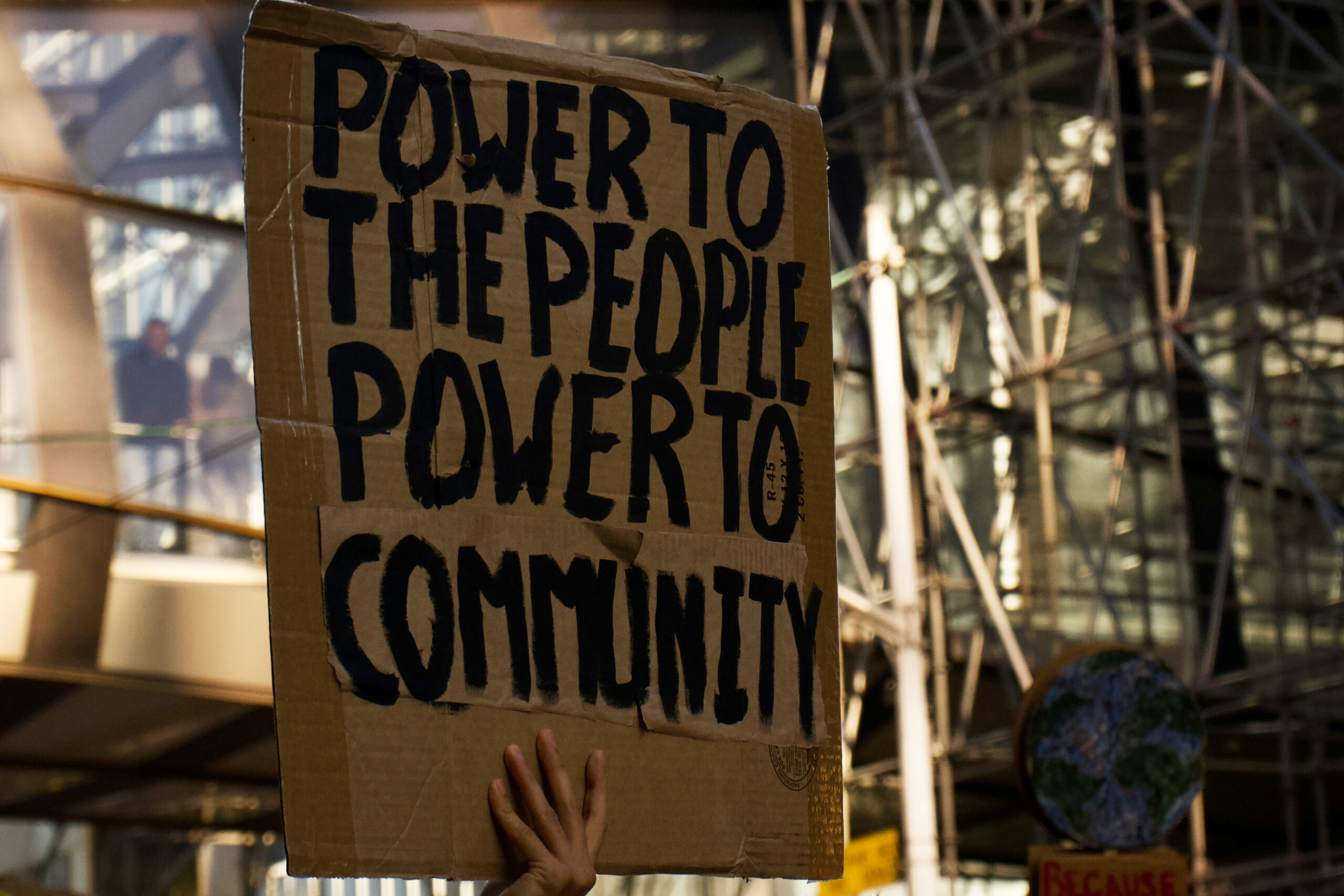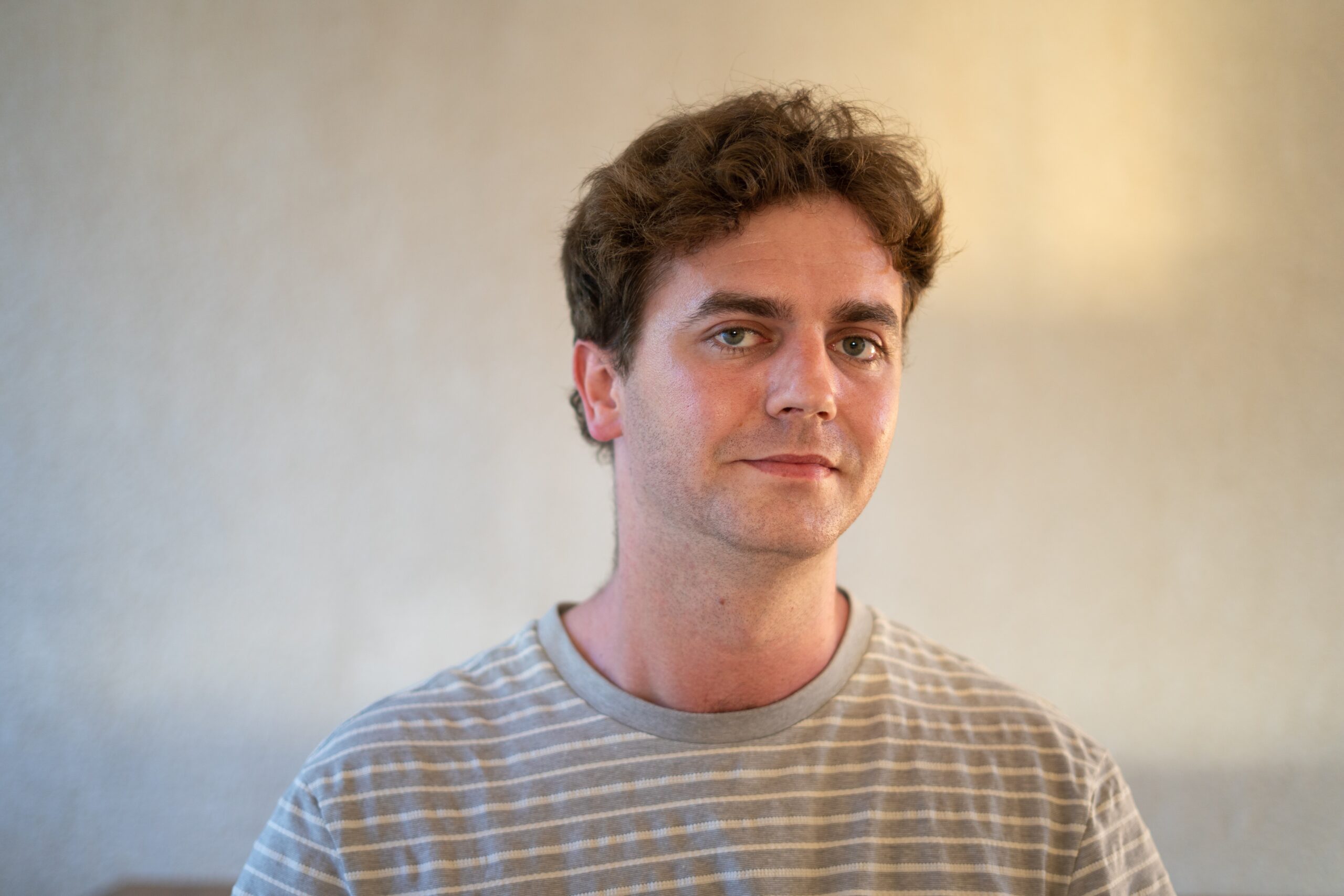Third World Quarterly (TWQ) are delighted to announce the launch of Kassahun Checole Prize for the best and most innovative article submitted by an Early Career Researcher (ECR) in the field of African Studies. Both African writers and all those writing on African topics are encouraged to enter the prize.
Submissions are now open!
Submissions are open and will close on 31st December 2024. A panel of African Studies specialists from the journal’s Academic Editorial Team and editorial board will review and select the winning submission in 2025. Other entries may also be selected for publication, but there will only be one prize winner! The award winner will receive a grant of US$1000 and is encouraged to promptly submit their winning article to TWQ for publication, where it will receive rapid peer review and feedback. Each submission must be accompanied by a statement of eligibility as an ECR.
The prize peer review and selection process will be administered by Professor Beth Le Roux. If you have any questions, please contact Professor Beth Le Roux (beth.leroux@up.ac.za) for more information.
About Kassahun Checole

Image: Kassahun Checole, African Studies Association (ASA), 2023
This prize is being instituted in honour of Kassahun Checole and the contributions he has made to the field of African Studies throughout his trailblazing career in publishing. Kassahun established Africa World Press in 1983, followed by the Red Sea Press two years later.
Kassahun is not only a publisher, but also a scholar-activist. When unrest in his homeland prevented his return in the 1970s, he became involved in movements that advocated for the liberation of Eritrea and Ethiopia from military dictatorship, a commitment that spanned from the 1970s to the early 1990s. Concurrently, he played an important role in the opposition against apartheid institutions and regimes in South Africa. In the 1980s, he served on the board of directors of The International Oil Working Group (IOWG); an organisation established to enforce an oil embargo mandated by the United Nations General Assembly against South Africa in protest of its apartheid policies. Since the establishment of the Eritrean state in 1993, Kassahun has actively participated in civil organisations dedicated to promoting democracy, good governance, and development. He currently holds the position of Vice Chair at The Eritrean Development Foundation.
Kassahun continues to support and facilitate the publication of “books we write on our own” (Troy Johnson interviews Checole at Book Expo America, 2008), and promote “knowledge production [that is] committed to knowing Africa through African eyes ” (Knowledge production and publishing in Africa, Zegeye A. and Vambe M, 2006). In 2023, Kassahun won PEN Eritrea’s Freedom of Expression Award.
“It is a great honour to have a prize named for you. African writers have proven to be quite prolific in their engagement, but very little attention has been paid to their endeavours. They need to take their cherished position in the world of literature. My hope is that African scholars and writers will take advantage of this generous undertaking by Third World Quarterly. The Prize should provide a valuable incentive and a necessary outlet for their output. This gesture will, in no small measure, enhance the global reach of African Studies.”
Kassahun Checole
Kassahun Checole Prize Eligibility Criteria
The Prize Committee is adopting the Early Career Researcher (ECR) definition used by the South African Educational Research Association, with the additional provision of an allowance of up to an extra three years’ career break.
An ECR is defined as a person who is within five (5) years after completing a PhD, or who is currently pursuing doctoral or master studies, or who is in the first five (5) years of a research career. Provision of up to an extra three (3) years can be made for those who can demonstrate that they have taken a career break.
An academic and/or research career trajectory statement should accompany the submission, demonstrating ECR status according to the prize criteria.
Apply now
Apply by submitting your article to TWQ and filling out the corresponding eligibility form.



